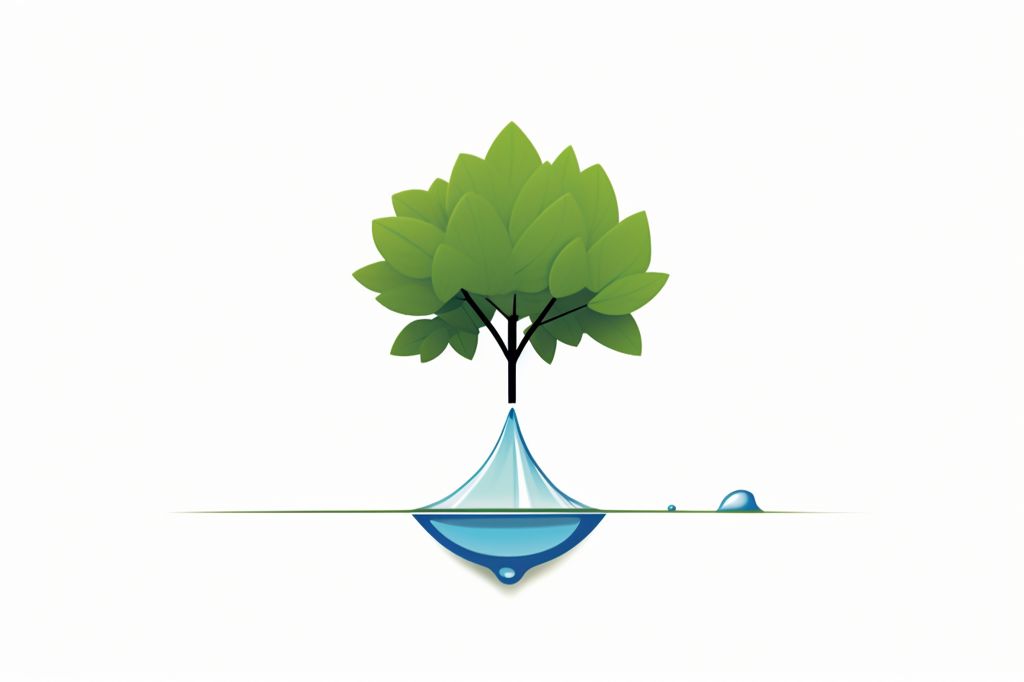Addressing Critical Groundwater Challenges
In an era where water scarcity is a growing concern, identifying alternative water sources and promoting sustainable management of groundwater resources is essential. Acknowledging the pressing nature of this issue, the International Association of Hydrogeologists (IAH) hosted its 50th Worldwide Congress, officially inaugurated by Deputy Minister of Water and Sanitation, Mr. David Mahlobo, in Cape Town from September 18 to 22, 2023.
Established in 1956, the IAH serves as a scientific and educational nonprofit organization, comprising over 4,000 professionals such as scientists, engineers, water managers, and others involved in groundwater resource planning, management, and preservation. The Congress offered a unique platform for these professionals to engage in discussions on alternative water sources, with a particular emphasis on surface water and underground water governance.
A primary objective of the Congress was to outline a path towards water security while addressing the evolving local and global pressures and drivers, including urbanization, climate change, weather variability, and resource degradation. By evaluating these factors, the Congress sought to create strategies that enhance groundwater management and contribute to worldwide water security.
Innovative Approaches and Collaborative Efforts
The Congress assembled speakers from various institutions and groundwater specialists from around the world, who shared their expertise on a range of topics. These discussions explored the intricacies of water management, covering both technical and socio-economic aspects. Participants investigated innovative methods, technologies, and policies to ensure the efficient utilization of groundwater resources, along with the challenges presented by the interdependence of surface water and groundwater.
The Congress also emphasized the significance of encouraging cooperation and collaboration among stakeholders, such as governments, civil society, academia, and the private sector. By exchanging knowledge, experiences, and best practices, these stakeholders can collaboratively develop and implement comprehensive strategies for sustainable groundwater management.
Adapting to Climate Change and Urbanization
One of the key subjects addressed during the Congress was the effect of climate change on groundwater resources. Climate change disrupts precipitation patterns, leading to increased variability and uncertainty in groundwater recharge. These changes can have extensive implications on the availability and quality of groundwater, particularly in arid and semi-arid regions. To tackle this issue, participants examined adaptation measures, including the conjunctive use of surface water and groundwater, managed aquifer recharge, and water reuse technologies.
Besides climate change, rapid urbanization was identified as another crucial factor impacting groundwater resources. Expanding urban populations exert more significant pressures on groundwater supplies, resulting in over-extraction, contamination, and depletion of these vital resources. The Congress underscored the need for integrated urban water management, which takes into account both surface water and groundwater resources while adhering to sustainable development principles.
Addressing Socio-Economic Dimensions and Transboundary Aquifers
Attendees at the Congress also discussed the matter of transboundary aquifers, which are shared by two or more countries. These aquifers necessitate cooperative management to ensure their sustainable use and prevent potential conflicts over shared resources. The Congress spotlighted the role of international law, regional agreements, and multi-stakeholder cooperation in addressing the challenges related to transboundary aquifer management.
Another crucial aspect of the Congress was analyzing the socio-economic dimensions of groundwater management, including the requirement for equitable access to water resources, the role of gender in water management, and the importance of community involvement. By taking these social factors into account, the Congress aimed to devise strategies that not only guarantee the sustainability of groundwater resources but also promote social equity and well-being.
The Importance of Research, Innovation, and Capacity Building
Throughout the Congress, participants emphasized the significance of research, innovation, and capacity building in advancing groundwater management. These components play a critical role in equipping water professionals with the knowledge and tools necessary to effectively address the intricate challenges associated with groundwater resources.
As the 50th Worldwide Congress of the International Association of Hydrogeologists came to an end, it was clear that the event had facilitated crucial conversations on groundwater security and sustainability. By uniting experts from diverse fields, the Congress cultivated a collaborative atmosphere that promoted the exchange of knowledge and ideas. While the challenges of water management are undoubtedly complex, the Congress demonstrated that through cooperation and innovation, a more sustainable and secure water future is achievable.








